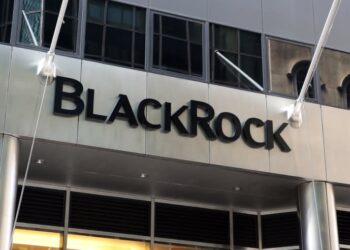Counsel assisting Rowena Orr began yesterday’s public hearing in Melbourne by recounting past instances of poor financial advice in Australia, touching on all of the major banks’ wealth management divisions.
Ms Orr then turned her attention to the first witness of the day: ASIC deputy chair Peter Kell.
The first substantive topic was ‘fees for no service’, which Mr Kell describes as a “term ASIC came up with to describe a situation where a customer is paying … an ongoing service fee to a licensee but the service attached to that fee is … not provided”.
The issue first came to ASIC attention via an ANZ document, Mr Kell said – adding that ASIC is aware of eight entities in total that have reported ‘fees for no service’ breaches.
These eight institutions, Mr Kell said, include the big four banks, AMP, and – in an apparently new revelation – Yellow Brick Road, First State Super (specifically, its financial advice arm StatePlus) and Bendigo and Adelaide Bank.
A spokeperson for StatePlus told InvestorDaily it intends to refund clients who were incorrectly charged a fee for service.
StatePlus chief executive Graeme Arnott described it as an “oversight for which we sincerely apologise”.
Bendigo and Adelaide Bank acknowledged it was mentioned during the hearing for failing to provide services clients had paid for.
“The Bank disclosed this issue in its submission to the Royal Commission and continues to work closely with ASIC to agree the appropriate remediation actions,” a spokesperson told InvestorDaily.
Yellow Brick Road did not respond to questions from InvestorDaily by yesterday’s deadline.
Under further questioning from Ms Orr, Mr Kell also revealed the results of its as-yet-unpublished report on SMSF advice.
Nine out of 10 pieces of SMSF advice reviewed by ASIC across 137 difference licensees did not comply with the best interests duty, Mr Kell said.
Ms Orr noted that 90 per cent is a “very high figure”, asking Mr Kell to give his assessment of the finding.
“It’s very disappointing to say the least,” Mr Kell said. “I should note that for the majority of those files there is no necessary indication that that immediately signals consumer detriment. There is a smaller percentage where consumer detriment is apparent.”
AMP group executive for advice Jack Regan was grilled in the session after lunch by counsel assisting Michael Hodge QC.
Mr Regan apologised for breaches of the Corporations Act by AMP, while admitting he did not know the “specific breaches” he was apologising for.
You can follow a live blog of the ongoing royal commission public hearings at InvestorDaily’s sister website ifa, along with a summary of yesterday’s hearing.







